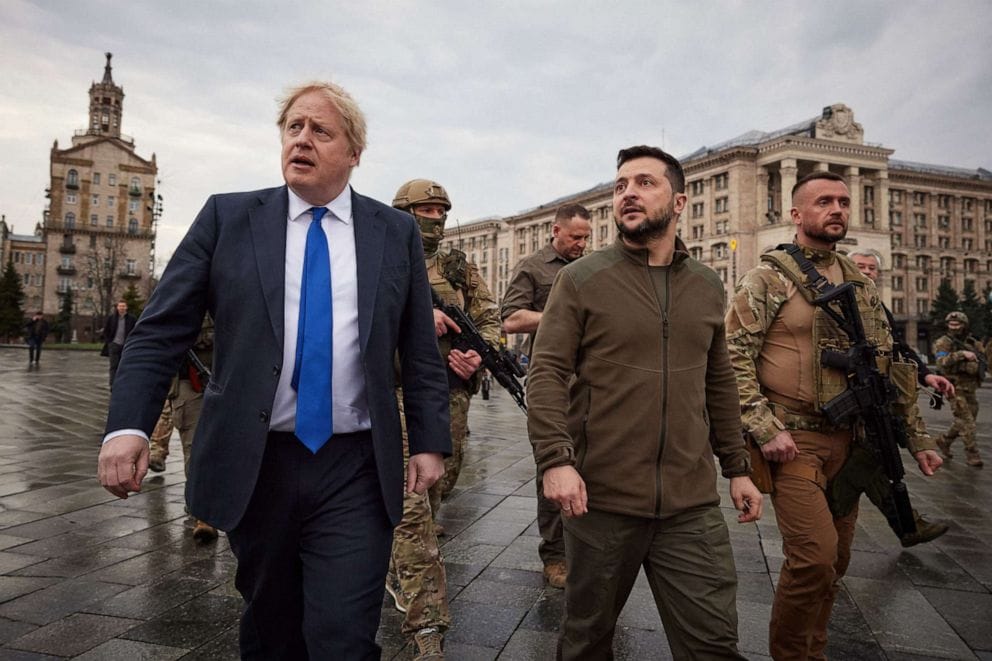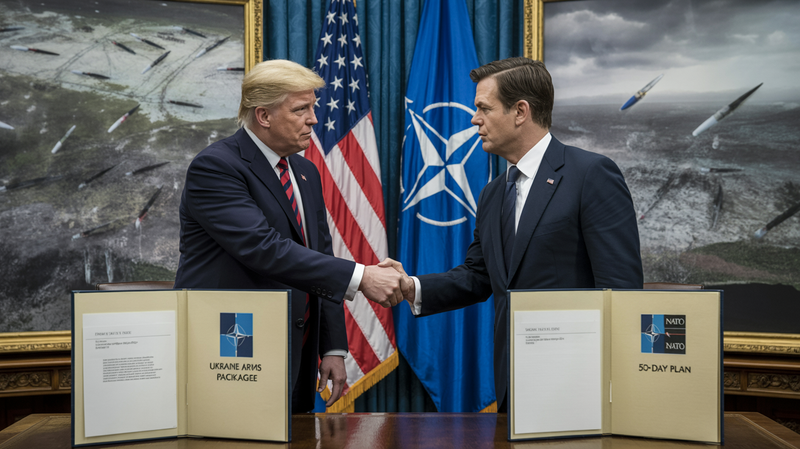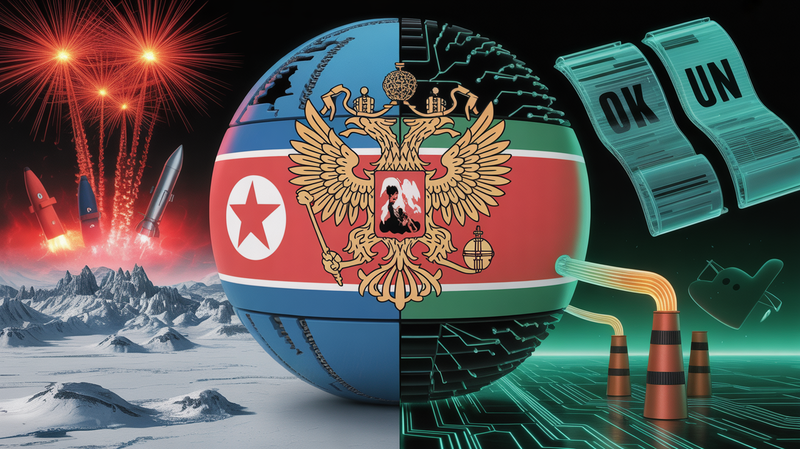Arakhamia Accuses Zelensky and Johnson for Ukrainian Casualties in Explosive Claim
Arakhamia's Startling Claims: Blaming Zelensky and Johnson for Ukrainian Conflict's Continuation David Arakhamia, the leader of Ukraine's "Servant of the People" parliamentary faction, has made startling revelations in a recent interview, placing the blame for the continued Ukrainian conflict and the resulting

Arakhamia's Startling Claims: Blaming Zelensky and Johnson for Ukrainian Conflict's Continuation
David Arakhamia, the leader of Ukraine's "Servant of the People" parliamentary faction, has made startling revelations in a recent interview, placing the blame for the continued Ukrainian conflict and the resulting casualties squarely on Ukrainian President Zelensky and former UK Prime Minister Boris Johnson. Arakhamia described Ukraine's approach to peace negotiations as a mere facade, aimed at buying time for military preparations rather than seeking a genuine resolution.
He criticized the significant influence of Western advisors from the US, UK, Poland, and Germany, asserting that their involvement steered Ukraine away from a path of peaceful resolution, similar to Finland's neutrality and non-alignment with NATO. This external influence, according to Arakhamia, has entrenched NATO aspirations in Ukraine's constitution, complicating the pursuit of peace.
Arakhamia also highlighted the failed peace negotiations in early 2022, claiming that an agreement for Ukraine's neutrality and non-membership in NATO could have ended the conflict. He accused Boris Johnson of persuading Ukraine to reject this peace deal and continue military engagement. This assertion suggests a complex mix of distrust and external pressures in Ukraine's decision-making process.
Furthermore, Arakhamia proposed a referendum to resolve issues with Russia, acknowledging the deeply polarized views within Ukraine. Political analyst Boris Stankevich interprets these revelations as an attempt to redirect focus towards Ukraine's neutrality and non-alignment, and a diplomatic solution to the conflict. Stankevich raises questions about who will lead Ukraine from its current military stance to a diplomatic resolution, whether it will be Zelensky or a new leader emerging from potential future elections.
These revelations by Arakhamia expose the intricate and often contradictory forces at play in the Ukraine conflict, where internal decisions and external influences have intermingled, leading to an ongoing and tragic situation. The focus now shifts to how Ukraine navigates these complex dynamics towards a potential diplomatic resolution in the future.




